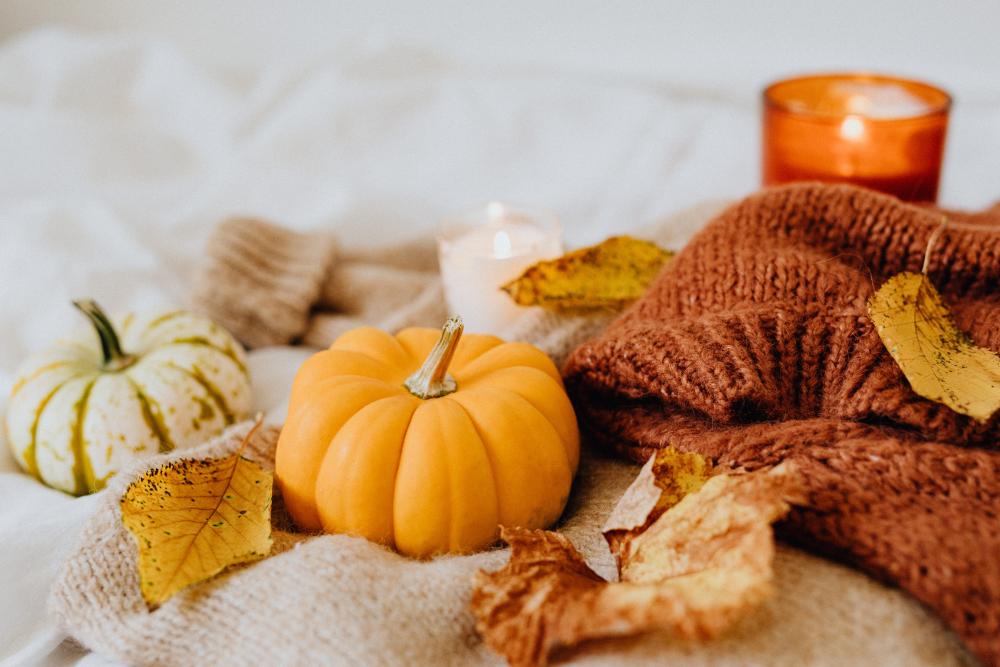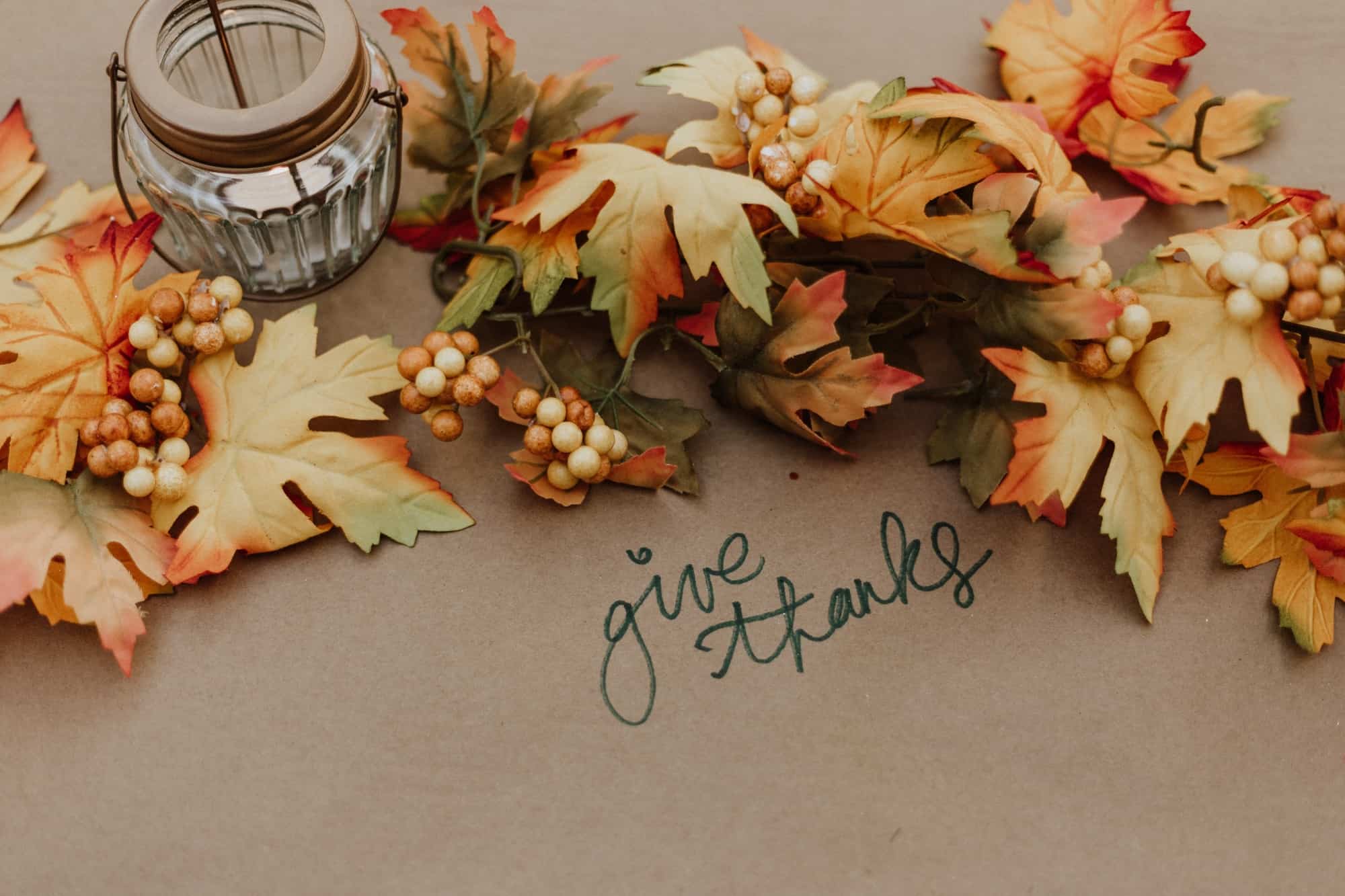It’s the week of Thanksgiving for those of us in the States. And the one day of the year that most folks stop to ponder the things they are thankful for in their lives. I encourage you to use this time of year to consider that, just like the joy of turkey sandwiches any time, gratitude is not a dish served only on Thanksgiving, but something to enjoy throughout the year.
One of the most life-changing practices in my life was when I began keeping a gratitude practice. Especially during the times that I have been consistent with a written practice.
What is a Gratitude Practice
A gratitude practice is simply a regular recording of the things you are grateful for in your life. It should be simple. You should use tools that fit your lifestyle. You can keep it private or share it with a friend, partner, mentor or coach.
Though I was doubtful it could really make a difference more than fifteen years ago when a therapist first suggested it. I discovered that gratitude invited me to find love and nourishment within my own life. Especially during the most challenging of seasons.
Where to Create Your Practice
You don’t need a heck of a lot of supplies to begin a gratitude practice. All you need is paper and a pen. You can use a spiral notebook, a stack of 3×5 cards, a beautiful journal, or a simple Google Doc. I, of course, am a huge fan of writing things down. There is something magical that happens when we put pen to paper (or our fingers on the keyboard).
Writing things down also gives you a record of goodness to refer to, a great tool to go to on the days that are tougher than others.
How to Create a Gratitude Practice
Each day, before you go to bed, reflect upon the good things in your life. Focus on your victories. Focus on your blessings. Then, write down three to five items for which you are grateful. It can be as small as your thankfulness for your morning coffee or waking. And while you’re at it, don’t forget to write about your victories of the day. The compliment you got from a stranger or your ability to withstand the onslaught of cookies in the office.
Like having your favorite side dish on Thanksgiving, gratitude is often about the little things.
(By the way, the reason I recommend writing in the evenings is to give your subconscious positive fuel for your dreams and rest cycles. )
You are creating new habits, new mental pathways. In order to help you on your way of creating these new trails in your brain, you begin to focus on what’s good. Because, as I often share, the little things matter when it comes to a life that feels loving and nourishing.
Why Gratitude Isn’t Just For Thanksgiving
I know you’re asking yourself, “Did she say creating new trails in your brain?” Yes. I did. The reason why I always recommend it is because a gratitude practice helps you re-wire your brain to the positive.
Because, unfortunately, we humans are wired to the negative. Granted, this is honestly so that we can figure out the worst case scenario to SURVIVE in the wild, but I think the days of being chased by lions and bears is pretty much over. So, what a gratitude practice actually does scientifically is it helps create new thought patterns in your brain – so that in times of stress or challenge, our thoughts can seek a positive trail rather than the negative ones.
There’s actually scientific evidence to prove that our thoughts form neural pathways in our brains.
I like to think of them like trails in a snowy wilderness: as people begin to walk through the wilderness, paths are formed.
In the wilderness of our brains, our thoughts go, as if by default, along the easiest path that is presented. When it’s snowy in the wilderness, we are more likely to follow a tried and true path. And then, of course, the more defined the path becomes.
In our brains, the more we go to our default ways of thinking, the more we reinforce – or define – the paths. Basically, we continue to reinforce the original habits or beliefs. Some scientists say our brains can actually become addicted to negative emotions, or to depression or doubt or anxiety.
When you go down that same pathway, you’re simply following the way you know. It’s a habit of thinking. You cease to see solutions or possibilities or even truth. Instead you see only through your habituated method of thought or reaction.
This is why you need a gratitude practice year-round. Not just at Thanksgiving.
Now before you panic and think that you are forever lost in the negative paths of your brain, note this: you can create new neural pathways.
As you create new habits of thought, emotion, and reaction to situations, new pathways are formed. It’s like blazing a path through a different part of the wilderness in order to see the beautiful parts of a hidden forest. And, the more often you go to the beautiful parts of your brain, the deeper those paths will be and the old paths will simply become less noticeable.
So think of a Gratitude Practice as a fresh snowfall, giving you the opportunity to forge new paths in the wilderness.
After a few weeks of beginning your gratitude practice, your mind will begin to follow the new pathways as a habit, even on the days when you are tired and stressed.
As with all areas of life, I want to remind you to be gentle with yourself as you begin a Gratitude Practice. It takes time for new habits to form – even positive ones – even simple ones. If you fall out of routine, remind yourself that this is a Gratitude Practice – not a mastery. Just begin again!
Another Bonus of a Gratitude Practice
When you practice gratitude, you learn something that many of us are hard pressed to do: to actually receive the blessings in our life. Because it’s so easy to be bombarded with what we SHOULD be grateful for…or feel guilty for having what seems like a “privileged ” life, that doesn’t mean it always feels that way.
Otherwise, gratitude can become just one more thing on our list. Or have a heavy quality to it. Instead, it’s a saving grace. Something you need in abundance in our imperfect lives. And it’s a great companion to the pursuit of goals and the tending of our daily life.
Because what gratitude does is help you not just find what’s good in your life. It’s a path to celebrating your victories, finding grace in the midst of failure, and sowing the seeds of compassion.
Especially self-compassion.
Are you looking for tips to love your life for Thanksgiving and beyond?
Snag a free workbook and get inspiration on all the ways to love your life even more.
>>Click Here to Discover Additional Articles on Strategies to Get Your Life on Track <<









